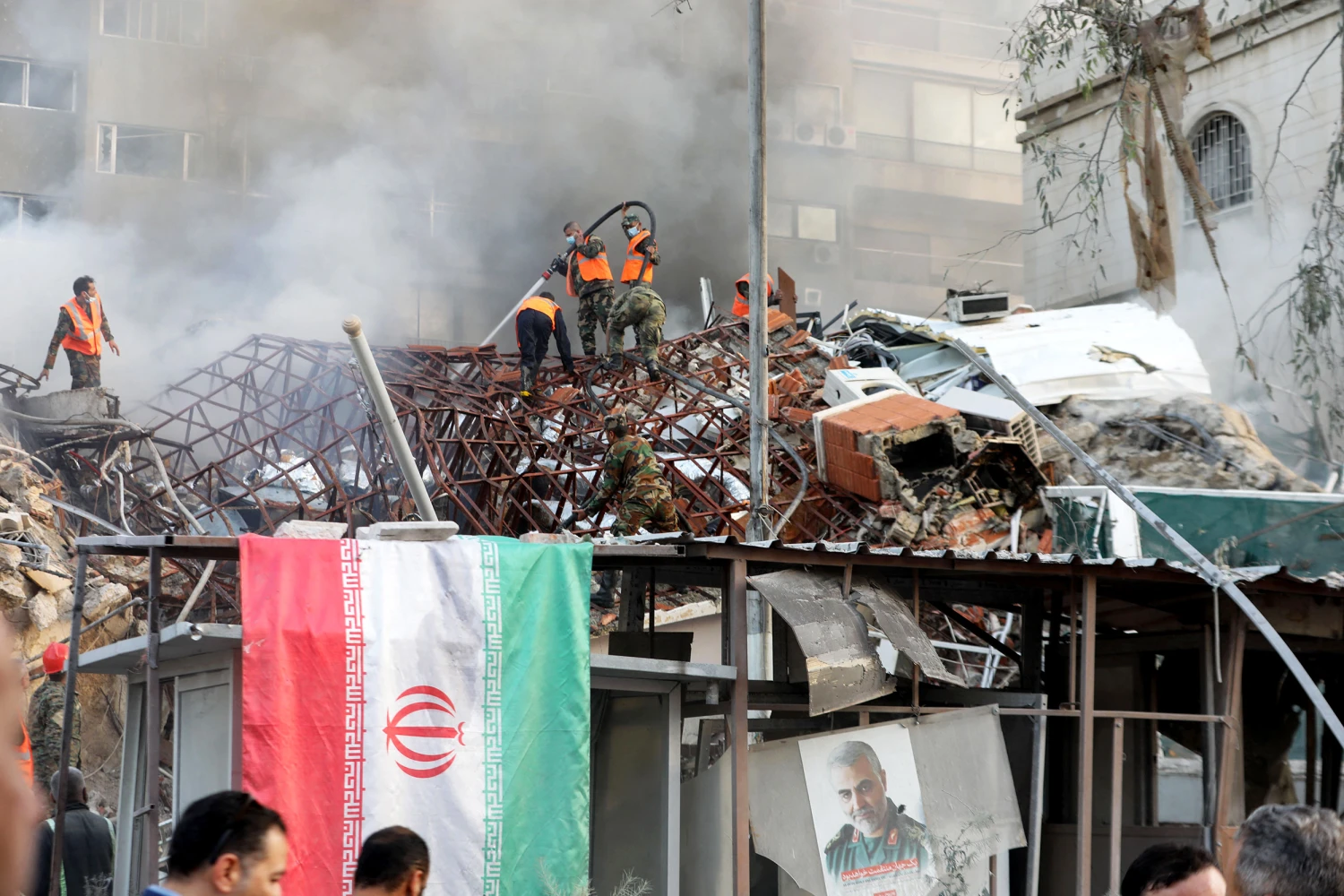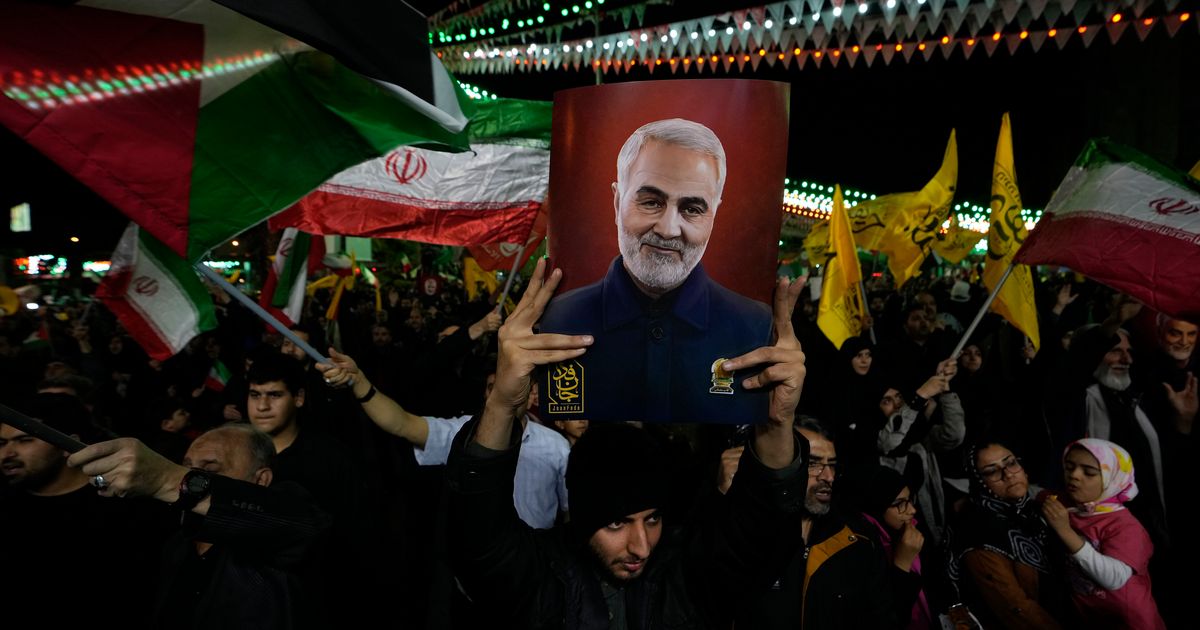Iran’s Consulate in Damascus was targeted in an airstrike, resulting in 12 fatalities, including two Iranian generals and a member of Hezbollah. Israel, widely suspected to be behind the attack, did not confirm its involvement.
Hezbollah vowed retaliation, while Iran’s Supreme National Security Council promised a response. The U.S. denied any role in the strike. The incident escalates tensions amid ongoing clashes between Israel and Hezbollah along the Israeli-Lebanese border.
The strike killed prominent figures such as Gen. Mohammad Reza Zahedi and Gen. Mohammad Hadi Hajriahimi of Iran’s Revolutionary Guard’s Quds Force, along with other officers. Four Syrian nationals were also among the casualties. Hezbollah and Syria condemned Israel for the attack. Amidst the escalating situation, the U.N. Secretary-General reaffirmed the inviolability of diplomatic premises, while the U.N. Security Council convened at Tehran’s request.
Gulf monarchies, including Saudi Arabia, the United Arab Emirates, and Qatar, joined the Arab League in condemning Israel’s actions, expressing concerns about a widening regional conflict. Iran conveyed a message to the U.S. through Swiss channels, holding it responsible for the strike.

Iran Threatens Retaliation After Israeli Attack Kills 12 at Iranian Consulate in Syria (Credits: NBC News)
Meanwhile, a U.S. defense official reported the destruction of an attack drone near Al-Tanf Garrison in Syria and a Houthi unmanned surface vessel in the Red Sea, underscoring the broader tensions in the region.
The incident underscores the volatile dynamics in the Middle East, with proxy conflicts between Iran and Israel intensifying. The targeting of diplomatic premises raises concerns about the escalation of hostilities and the potential for a wider regional conflict. Amidst the rhetoric of retaliation and condemnation, diplomatic channels remain open, albeit strained, with Switzerland facilitating communication between Iran and the U.S.
Israel’s actions reflect its ongoing efforts to counter perceived threats from Iran and its proxies, including Hezbollah and the Houthis. The strike on the Iranian Consulate exacerbates existing tensions, with the potential to further destabilize the region.
The involvement of international actors, including the U.N. and Gulf states, highlights the global ramifications of the conflict and the imperative for diplomatic intervention to prevent further escalation.
As the situation unfolds, the risk of a broader conflict looms large, with implications not only for the immediate region but also for international security.
The need for de-escalation and dialogue is paramount to prevent a further spiral of violence and mitigate the humanitarian consequences of the ongoing conflict. Amidst the complex geopolitical dynamics, concerted efforts by regional and international stakeholders are essential to promote peace and stability in the Middle East.























